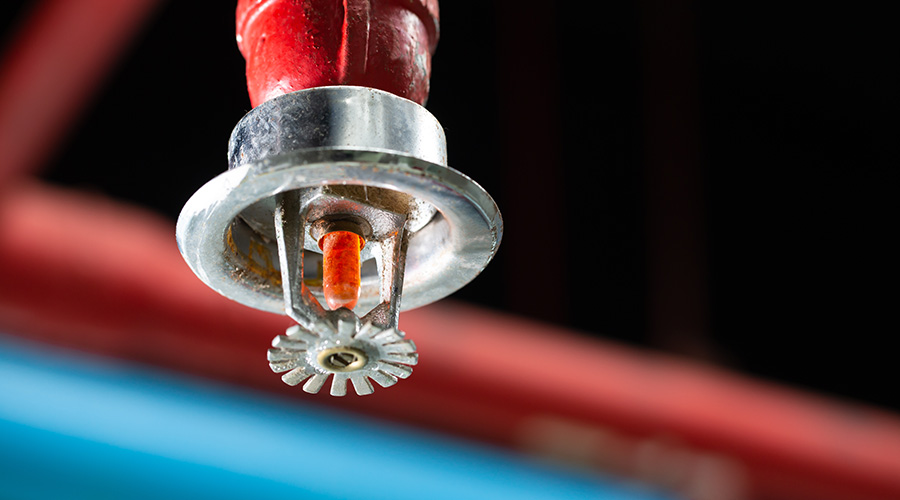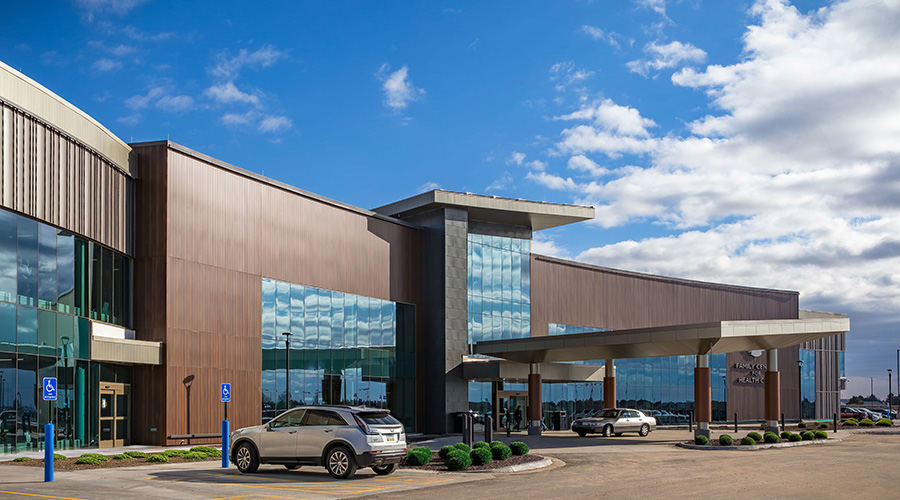The risk of losing grid power as a result of natural disasters and grid failures is increasing and requiring hospitals to consider new ways to support the long-term resiliency and sustainability of their campuses. Adding to the difficulty is the continued pressure to reduce costs to keep the hospital financially viable, according to an article on the Health Facilities Management website.
A business-planning approach to energy resiliency may create the financial resources to install the needed equipment. For instance, emergency generators are not reimbursed by Medicare and can be a substantial cost.
Yet, by using a standardized design and taking advantage of group purchasing leverage, hospitals can substantially reduce equipment, engineering and installation costs. Furthermore, using generators for commercial purposes, including load shedding and demand response, can provide income to offset the cost of installation and maintenance.
Business planning for resiliency reaps cost benefits, environmental benefits and social benefits. Consequently, hospitals will need to adopt financial methods of analysis to begin to view campus-power generation as a worthy investment, create compelling business plans for obtaining financial incentives, and source the know-how, funds and equipment assets needed to ensure the facility’s long-term resiliency.

 Assisted Living Facility Violated Safety Standards: OSHA
Assisted Living Facility Violated Safety Standards: OSHA McCarthy Completes Construction of Citizens Health Hospital in Kansas
McCarthy Completes Construction of Citizens Health Hospital in Kansas California Tower at UC Davis Health Topped Out
California Tower at UC Davis Health Topped Out What 'Light' Daily Cleaning of Patient Rooms Misses
What 'Light' Daily Cleaning of Patient Rooms Misses Sprinkler Compliance: Navigating Code Mandates, Renovation Triggers and Patient Safety
Sprinkler Compliance: Navigating Code Mandates, Renovation Triggers and Patient Safety